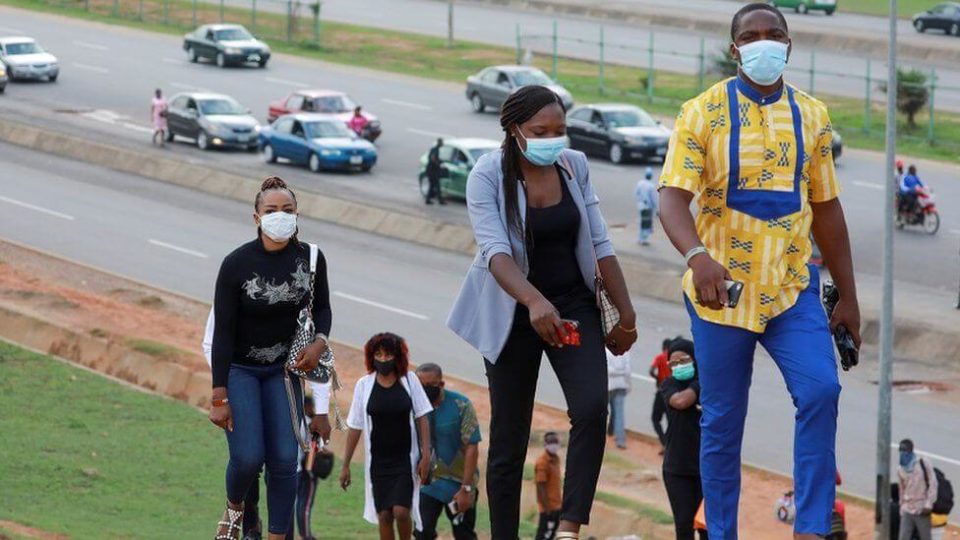
South Africa Eases Lockdown as Covid Cases Reduces
Addressing the nation on developments in the country’s response to the COVID-19 pandemic, President Cyril Ramaphosa said Cabinet had taken a decision.
Under Level 1 of the lockdown, the country’s curfew will move from 11 pm to 4am, to midnight to 4 am.
The move will also result in gatherings– including religious, social, political and cultural gatherings–being permitted, subject to limitations on size, adherence to social distancing and other health protocols.
The maximum number of people allowed at any gathering is 100 people indoors or 250 people outdoors. However, where the venue is too small to accommodate these numbers with appropriate social distancing, then no more than 50 per cent of the capacity of the venue may be used.
Under the new regulations, night vigils or other gatherings before or after funerals are still not permitted while the doors of nightclubs will remain shut.
The sale of alcohol will be permitted, according to normal licence provisions. In addition, no alcohol may be sold during the hours of curfew.
President Ramaphosa stressed that the wearing of masks in public places is still mandatory, with the failure to wear one remaining as an offence.
As the country prepares for a new week, the President said the 33 land border posts that have been closed throughout this period will remain closed, while the other 20 will remain open.
For those travelling, only five airports will be open for international travel with standard infection control measures. Namely these are: OR Tambo, Cape Town, King Shaka, Kruger Mpumalanga and Lanseria airports.
President Ramaphosa warned that the easing of restrictions does not mean that the public should let their guard down.
“As we ease restrictions, we cannot let our guard down. The few remaining restrictions under Alert Level 1 are meant to maintain low levels of infections and, in particular, to prevent super-spreading events.”
The President’s comments come as South Africa emerged from the second wave of infections that caused a greater loss of life than the first wave.
“The country has now clearly emerged from the second wave. New infections, admissions to hospital and deaths have fallen significantly and continue to decline steadily.
“In the week that has just passed, the country recorded just under 10,000 new infections,” he said adding that in the last week of January, the country recorded over 40,000 new cases.
He attributed the decline in infections to a combination of public health measures introduced, changes in behaviour and accumulating immunity in those who became infected in our communities.
The President said the new virus variant known as 501Y.v2,is now the dominant variant in the country which is transmitted more easily.
The variant has the potential to infect more people, place a greater strain on the health system and lead to a greater loss of life.
He stressed the importance of social distancing, the wearing of masks and avoiding crowds.
Vaccines he said of which the country has already taken delivery of, should be seen as one of the measures available in the Coronavirus toolkit.
The President, who last addressed the nation on 1 February, spoke of the importance to grow the economy and get people back into work.
The importance of economic reforms, the rollout of the employment stimulus and infrastructure investment programmes came to the fore.
“Many people still do not have their jobs back and many households are still feeling the effect of having lost much of their income. As I announced in the State of the Nation Address, we have therefore extended the period for the Special COVID-19 grant by a further three months, until the end of April.”
The move to Alert Level 1 means that most of the remaining restrictions on economic activity have been removed.
“We expect this to lead to higher consumption spending, bolstered by the steady recovery in employment. We expect businesses to implement the plans they may have been put on hold.
“As we undertake further structural reforms, this will entrench the green shoots we have begun to see in the economy.”
While restrictions have been eased, precautions should continue to be adhered to – this as a threat of a third wave is constantly present, as is the threat of yet more new variants.

